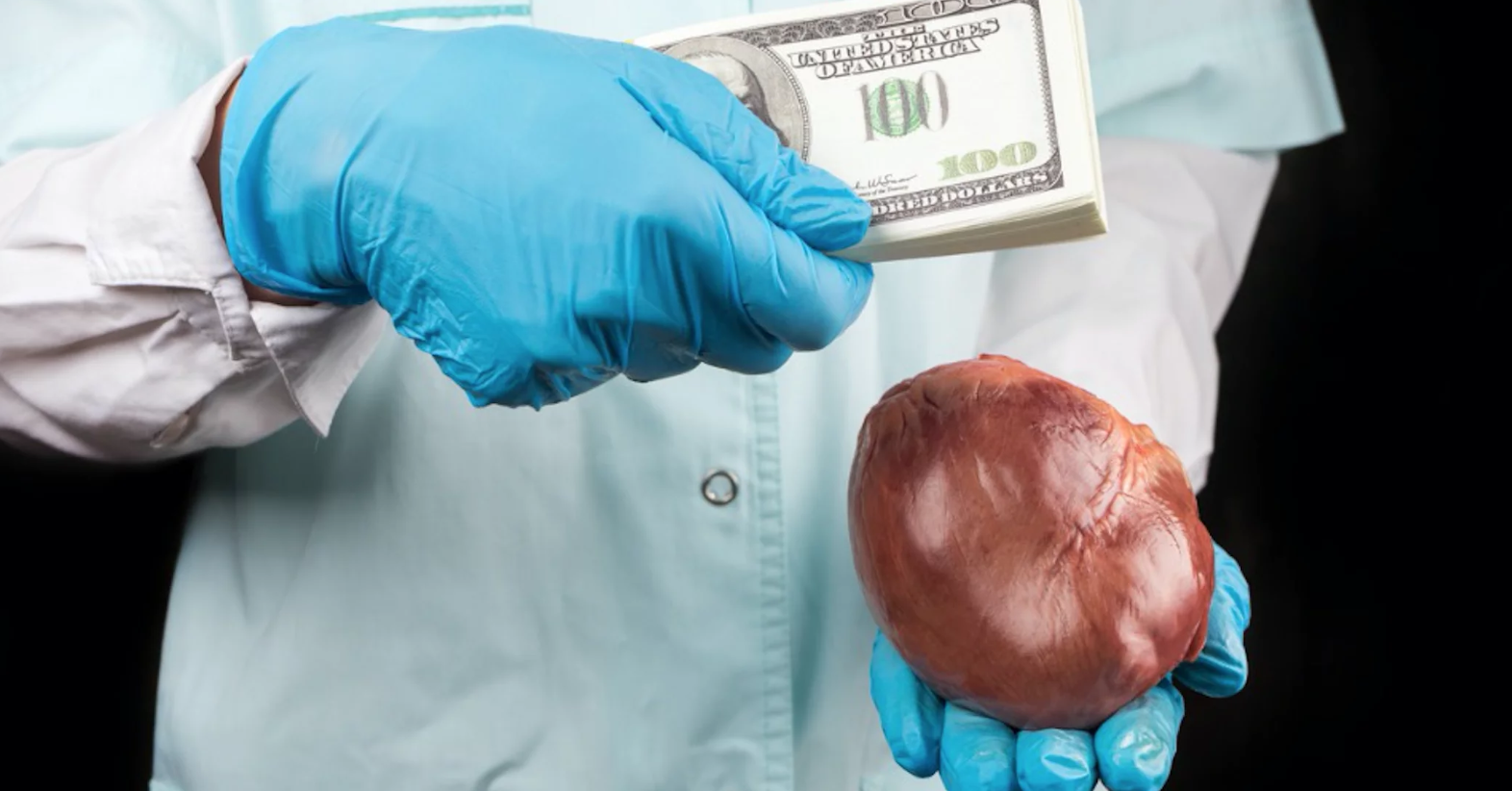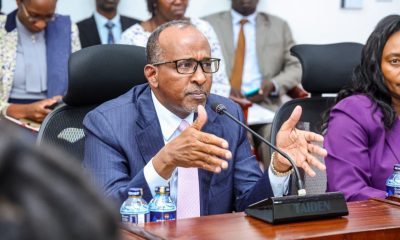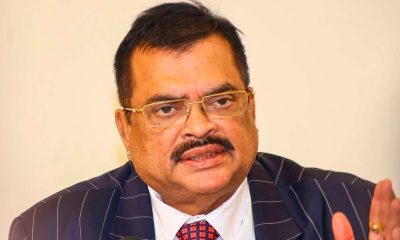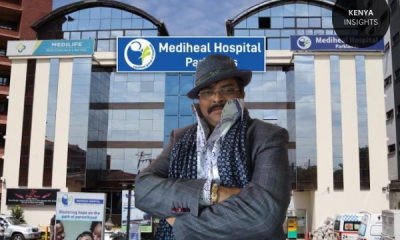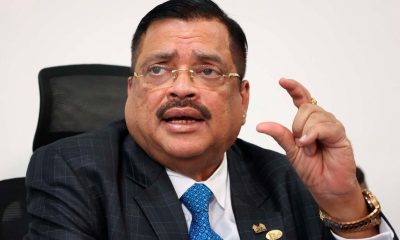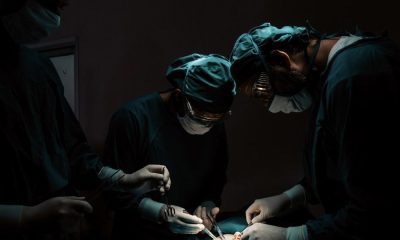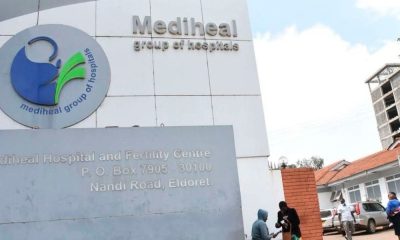Investigations
How the Truth Was Cut Out: Inside the Mediheal Organ Trafficking Scandal
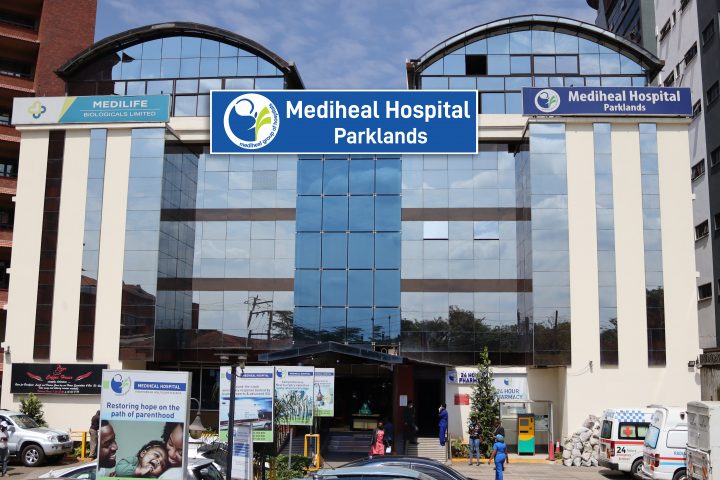
Mediheal Organ Trafficking Scandal – In a shocking revelation, a whistleblower has exposed a high-level cover-up by Kenya’s Ministry of Health in a report probing alleged illegal kidney transplants at the Eldoret-based Mediheal Hospital.
At the heart of this scandal lies Dr. S. R. Mishra, a politician and the owner of Mediheal Group of Hospitals, who is accused of profiting from a cross-border human organ trafficking ring.
This article uncovers how senior health officials manipulated a government-sanctioned investigation to protect the hospital and its politically connected owner.
The manipulated dossier, which could have blown the lid off an international organ trafficking syndicate, now stands as a symbol of how corruption continues to plague Kenya’s health sector.
Mediheal Organ Trafficking: How the Health Ministry Covered Up the Truth
In 2023, mounting public outcry over suspicious kidney transplant practices at Mediheal Hospital forced the Ministry of Health to act. A 12-member fact-finding committee was formed.
It included experts from top regulatory bodies like the Kenya Medical Practitioners and Dentists Council (KMPDC), the Kenya Medical Association (KMA), and the Kenya Blood Transfusion and Transplant Services (KBTTS).
But just as the team neared the completion of their report, something sinister happened. Dr. Philip Chepchirchir, a nephrologist appointed to the committee, has now revealed that senior officials in the Health Ministry intervened.
According to Dr. Chepchirchir, they ordered the removal of critical findings that directly linked Mediheal Hospital to an illegal organ trade network.
“We were asked to sanitize the report. That’s when I, along with two other colleagues, walked away,” said Dr. Chepchirchir.
The suppressed sections reportedly included detailed evidence of kidney harvesting from vulnerable donors, some of whom were paid as little as KSh 200,000—barely a fraction of what recipients paid.
Shockingly, the final destination for some of these kidneys was Germany, while others were transplanted in India and locally within Kenya.
Cross-Border Kidney Trade: A Lucrative, Shadowy Network
According to internal documents reviewed during the investigation, Mediheal allegedly worked with a foreign-linked online medical agency. This network sourced kidneys from both local and foreign donors, many of whom were poor and desperate.
The organs were then sold to wealthy recipients, both within Kenya and abroad, for up to KSh 2.5 million each. In multiple instances, donors used fake or borrowed identity documents to conceal the transactions.
The committee reportedly found that some transplant operations took place in India, while others occurred at Mediheal’s facilities in Kenya.
Dr. Chepchirchir also revealed that officials pressured the team to strike out parts implicating the foreign company—reportedly linked to Israel—in this illegal operation. The evidence was damning.
It pointed to a deliberate, well-coordinated trafficking ring that used Kenya as both a harvesting ground and a surgical hub.
“The Ministry tried to bury this investigation as early as 2023, right after the media started asking questions,” said Dr. Chepchirchir.
He also highlighted the unusual delay in releasing the final report, suggesting it was part of an effort to let the public and media attention die down.
Political Protection and Misdirection
At the center of the scandal is Dr. S. R. Mishra—a politician, businessman, and owner of Mediheal. His dual role raises serious conflict-of-interest concerns. While allegations swirled around his hospital, his political connections seem to have ensured silence from the state.
Even as evidence piled up, the Ministry of Health chose protection over prosecution.
Whistleblowers like Dr. Chepchirchir have called for a fresh, independent inquiry. “This is not just a medical issue. It’s a human rights crisis. People’s organs were sold. Some may never even know what happened to them,” he said.
In response, Mediheal officials have gone on the defensive. Dr. Semoge Mshindi, a spokesperson for the hospital, called the allegations baseless. “All our transplants follow legal processes. Donors are informed and fully consent,” he stated.
Mediheal Vice President Maryline Limo claimed the hospital has yet to receive any official findings from the ministry. But insiders suggest that the silence is part of a wider strategy—to delay justice until it dies a quiet death.
Time for Accountability
The Mediheal organ trafficking scandal, now buried under layers of bureaucracy, reveals the depth of rot in Kenya’s health system. When government-appointed experts walk away from a probe, when evidence is scrubbed clean by ministry officials, and when vulnerable citizens are exploited for their body parts, the nation must act.
The Kenya Medical Practitioners and Dentists Council, the Ethics and Anti-Corruption Commission, and Parliament must now demand the full, uncensored report. The role of Dr. Mishra and Mediheal must be investigated by an independent body, free from political interference.
This is not just about one hospital or one politician. It’s about a system that lets the powerful exploit the poor and then hides the truth. The people deserve to know what really happened.
Kenya Insights allows guest blogging, if you want to be published on Kenya’s most authoritative and accurate blog, have an expose, news TIPS, story angles, human interest stories, drop us an email on [email protected] or via Telegram
-

 News2 weeks ago
News2 weeks agoTHE FIRM IN THE DOCK: How Kaplan and Stratton Became the Most Scrutinised Law Firm in Kenya
-

 Economy2 weeks ago
Economy2 weeks agoIran Demands Arrest, Prosecution Of Kenya’s Cup of Joe Director Director Over Sh2.6 Billion Tea Fraud
-

 Grapevine1 week ago
Grapevine1 week agoA UN Director Based in Nairobi Was Deep in an Intimate Friendship With Epstein — He Even Sent Her a Sex Toy
-

 Politics2 weeks ago
Politics2 weeks agoPresident Ruto and Uhuru Reportedly Gets In A Heated Argument In A Closed-Door Meeting With Ethiopian PM Abiy Ahmed
-

 Investigations1 week ago
Investigations1 week agoHow Mexico Drug Lord’s Girlfriend Gave Him Away
-

 Business2 weeks ago
Business2 weeks agoSafaricom Faces Avalanche of Lawsuits Over Data Privacy as Acquitted Student Demands Sh200mn Compensation in 48 Hours
-

 Investigations2 weeks ago
Investigations2 weeks agoKenya’s DCI Opens Probe on Russian Man Who Secretly Filmed Sex Escapades With Women — But There’s a Slim Chance They’ll Ever Get Him
-
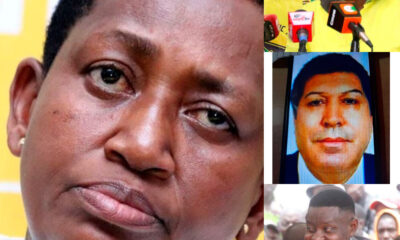
 Investigations1 week ago
Investigations1 week agoHow Close Ruto Allies Make Billions From Affordable Housing Deals

